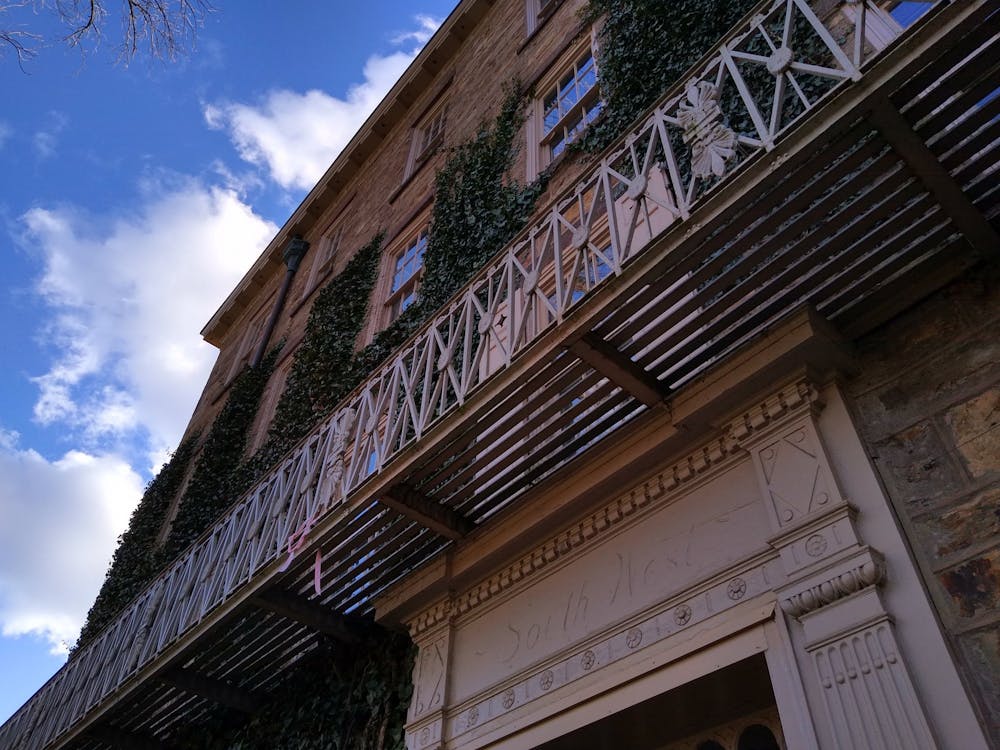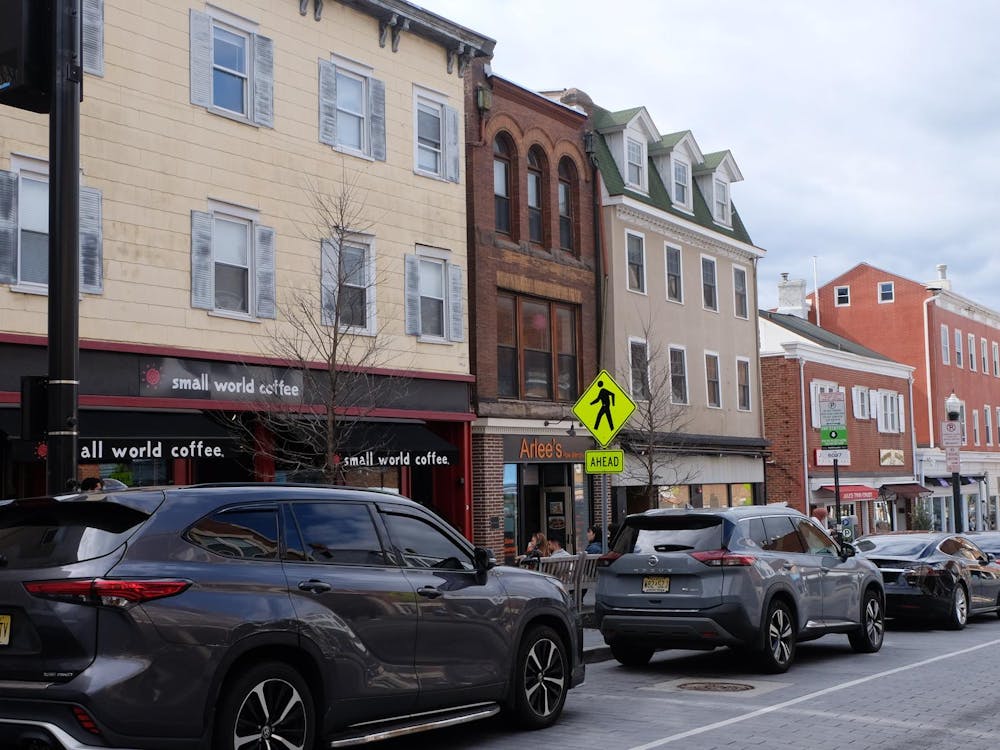All exams in the spring semester will “default” to take-home exams due to recent modifications to the University’s final exam policy made by the Committee on Examinations and Standing.
Students may take the exams at “any point beginning the day after Dean’s Date until the end of the Exam Period,” according to the site. Students may also self-schedule exams to be taken within a time frame specified by faculty, with a standard time frame of three hours and a maximum of eight hours.
Faculty will retain the option of a Registrar-scheduled exam, and may opt out of the default take-home option.
“Some faculty will prefer to have their exams scheduled so that all students will take the exam at the same time within a specific time period,” Deputy University Spokesperson Michael Hotchkiss said.
The policy was developed through The Office of the Dean of the College in conjunction with the Faculty Committee on Examinations and Standing, according to Hotchkiss. In an email to The Daily Princetonian, he explained that the decision came in response to issues that arose from virtual exams the past fall semester.
“Typically, we have ‘take home’ exams and ‘Registrar-scheduled in class exams,’” Hotchkiss wrote. “In the virtual environment, the distinction between the two becomes blurred since all exams are, in effect, taken at home.”
However, an increased prevalence of take-home exams in the fall created compression in the portion of the exam period that is allocated to take-homes, Hotchkiss said, increasing exam time conflicts for students. Extending the take-home window would allow for greater flexibility for both faculty and students, he explained.
The Office of the Registrar website cited three key benefits of the default option. These include allowing students to manage their own schedules, fewer scheduling requests for faculty, and a clear format for academic integrity jurisdiction.

Defaulting to take-home exams seemed to be the preferred option for both faculty and students amid remote learning, particularly for students working in different time zones, Hotchkiss added.
In an email to the ‘Prince,’ Academic Chair and member of the USG Academic Committee Austin Davis ’23 expressed his enthusiasm regarding the policy shift and what the Academic Committee hopes to see moving forward.
“Virtual learning is complicated and stressful, and I think that many administrators are extremely aware of that,” Davis wrote. “Given we are heading into what will most likely be another stressful and uncertain semester, this change to the final examination policy reflects a desire to, in other words, lower the heat.”
Davis added that he believes this policy reflects well on the needs of the student body and that establishing a better defined final exam policy will help reduce exam-related stress for students. He noted that as the Academic Committee will have its first meeting soon, he hopes to gain greater insight into student opinion regarding the policy shift.

He further highlighted the role of the Academic Committee in relaying student experiences during remote learning in conversations with faculty and administrators.
“Since no member of the Academics Committee actually sits on Examinations and Standing, we have used our other avenues to convey student experiences, offer input on various proposals, and advance some of our ideas to improve academic life for Princeton students,” he wrote.
Looking to the spring semester, Davis stated that the Committee will continue “to collect feedback from students and convey concerns to the U. administration as the new semester begins to advocate for policies that similarly accommodate students during these trying times.”
Assistant News Editor Katherine Dailey contributed reporting to this piece.








